How Experiential Learning is Transforming Education
How Experiential Learning is Transforming Education

How Experiential Learning is Transforming Education
Are you tired of staring at a whiteboard for hours on end, while your teacher drones on and on about a subject that seems about as exciting as watching paint dry? Do you want to learn in a way that’s actually engaging and meaningful? Then it’s time to say goodbye to traditional classroom-based instruction and hello to experiential learning!
That’s right, folks. Experiential learning is transforming education as we know it, and it’s about time. No more boring lectures, no more mind-numbing textbooks. Instead, you get to learn through direct experience and reflection, which is way more fun and effective.
Picture this: instead of reading about the history of ancient Rome in a dusty old textbook, you get to actually visit Rome and explore its ruins. You get to see and touch the things you’re learning about, which makes it way more memorable and interesting.
How Experiential Learning is Revolutionizing Education
What is Experiential Learning?
Experiential learning is an approach to education that emphasizes learning through direct experience and reflection. This approach is based on the idea that people learn best when they are actively engaged in the learning process and can see the direct relevance of what they are learning to their lives and experiences.
Key Benefits of Experiential Learning
Engagement: Experiential learning promotes active engagement with the subject matter and helps students develop a deeper understanding of the concepts and ideas they are learning.
Real-world relevance: Experiential learning helps students see the direct relevance of what they are learning to their lives and experiences, making the learning more meaningful and memorable.
Skill development: Experiential learning helps students develop important skills such as critical thinking, problem-solving, communication, and collaboration.
Examples of Experiential Learning
Project-based learning: Students work on real-world projects that require them to apply the knowledge and skills they have learned in class.
Service-learning: Students engage in community service projects that allow them to apply their knowledge and skills to real-world problems.
Outdoor education: Students learn about nature and the environment through hands-on experiences such as hiking, camping, and exploring.
Challenges of Experiential Learning
Time constraints: Experiential learning can be time-consuming and require a lot of planning and preparation.
Assessment: Traditional forms of assessment may not be well-suited to experiential learning, as it can be difficult to measure learning outcomes in a meaningful way.
Experiential learning is revolutionizing education by making learning more engaging, meaningful, and relevant. While there are challenges to implementing this approach, the benefits far outweigh the costs.
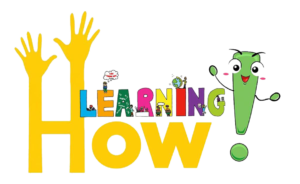
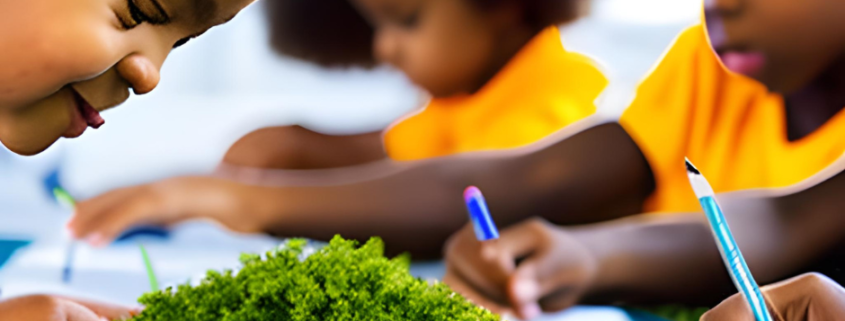

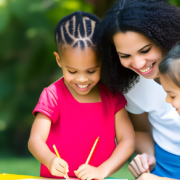


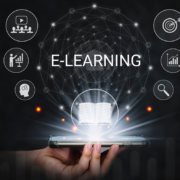

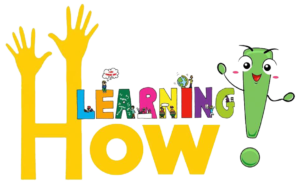


Leave a Reply
Want to join the discussion?Feel free to contribute!